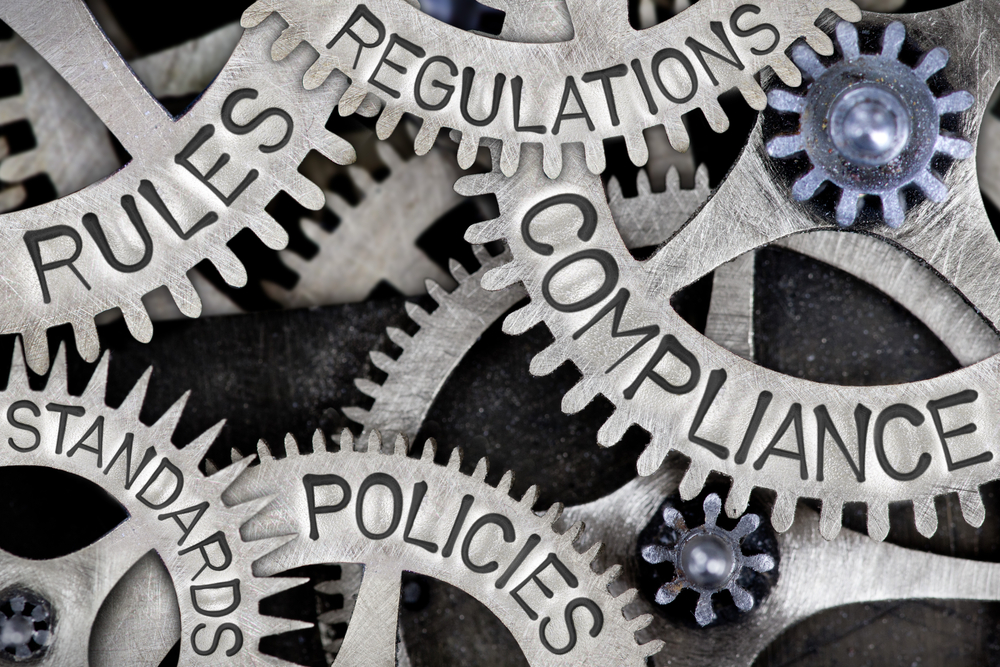The IFAC (International Federation of Accountants) and Business at the Organization for Economic Cooperation and Development (OECD) recently released survey results determining regulatory divergence costs the global economy $780 billion USD a year.

Regulatory divergence is defined as inconsistent regulation between different jurisdictions. It is a big issue in the financial sector, often burdening, not benefiting, the involved economies.
The survey of more than 250 experts and leaders at financial institutions throughout the world’s financial centers highlights the costs and impacts of regulatory divergence and uncover practical, actionable decisions, IFAC officials said.
The IFAC and OECD officials said they believe more effective international regulatory cooperation and harmonization should be a policy-making priority.
The survey estimates regulatory divergence costs financial institutions 5 to 10 percent of their annual turnover, noting it consumes scarce senior management time, as well as capital, that could otherwise be focused on identifying emerging risks in the financial system.
Experts and leaders participating in the survey reference practical problem areas and have suggested actionable steps to curb impacts of financial regulatory divergence, such as increasing awareness and coordination in regulatory reporting requests and enhancing transparency in rulemaking, monitoring, and enforcement.
IFAC is comprised of over 175 members and associates in 130 countries and jurisdictions, representing three million accountants in public practice, education, and commerce.